As an association we strive to keep you up-to-date on relevant information for your business. Please review the following important communication from CALSAGA’s Legal Advisor Bradley & Gmelich LLP_
_ _ _ _ _ _ _ _ _ _ _ _ _ _ _ _ _ _ _ _ _ _ _ _ _ _ _ _ _ _ _ _ _ _ _ _
CALIFORNIA ENACTS NEW LAW EXPANDING SUPPLEMENTAL PAID SICK LEAVE REQUIREMENTS
Supplemental Paid Sick Leave for Large Employers
The new supplemental COVID-19 paid sick leave (CPSL) law essentially aims to fill the gaps left by the Families First Coronavirus Response Act (FFCRA) – which only applies to private sector employers with fewer than 500 employees – by mandating that private sector employers with 500 or more employees in the United States provide supplemental paid sick leave to any employees that leave their homes in order to perform work for their employer. The new law also provides paid sick leave benefits for employees that were excluded from coverage under the FFCRA as emergency responders or health care providers, and sets out unique rules regarding food sector workers, fire departments, and forestry workers.
Amount of CPSL Entitlement
The amount of supplemental CPSL an employee is entitled to receive will depend on whether they are “full” time or not “full” time, as defined by the bill.
“Full” Time: Covered employees are entitled to 80 hours of CPSL if the hiring entity considers the employee to be “full” time, or if the employee worked or was scheduled to work at least 40 hours per week, on average, in the two weeks prior to the leave.
Not “Full” Time: Covered employers are required to provide employees that are not “full” time with proportionate CPSL, as follows:
1. If the employee has a normal weekly schedule, they are entitled to receive an amount of CPSL equal to the total number of hours the employee is normally scheduled to work over a two week period.
2. If the employee works a variable number of hours, they receive 14 times the average number of hours worked each day in the six months preceding the date they took leave. If the employee worked for the employer over a period of fewer than six months, but more than 14 days, this calculation would instead be made over the entire period the employee has worked.
3. If the employee works a variable number of hours and has worked for the employer over a period of 14 days or fewer, they are entitled to receive an amount of CPSL equal to the total number of hours worked for the employer.
Note that the bill sets out special rules for food sector workers, active firefighters, and forestry workers, which are not discussed here.
CPSL Covered Uses
Supplemental CPSL may be used when a covered employee is unable to work for the following reasons:
1. The employee is subject to a federal, state, or local quarantine or isolation order related to COVID-19;
2. The employee is advised by a health care provider to self-quarantine or self-isolate due to concerns related to COVID-19; and/or
3. The employee is prohibited from working by the employer due to health concerns related to the potential transmission of COVID-19.
Employers must make CPSL available for immediate use upon the employee’s oral or written request. The bill does not make clear what supporting documentation may be required in order to substantiate the need to take leave, if any.
Rate of Pay
CPSL must be compensated at a rate of pay equal to the employee’s regular rate of pay for the last pay period, or the state or local minimum wage, whichever rate is higher. In either case, the law caps the maximum amount of pay an employer must provide for CPSL at $511 per day and $5,110 in the aggregate. Payment for CPSL must be made no later than the payday for the next regular payroll period after the leave is taken.
Pay Stub Requirements
While the new law does not itself contain any new pay stub requirements, it incorporates certain provisions of the existing California sick leave law, inclusive of its pay stub requirement, as set out in
Labor Code section 246 (i). Labor Code section 246 (i) requires that employers provide employees with written notice of the amount of paid sick leave they have available on their itemized wage statement, or in a separate writing provided on the designated pay date, with the employee’s payment of wages. Thus, this pay stub requirement also applies to the new supplemental CPSL entitlements provided by AB 1867.
Posting Requirements
The new law requires the Labor Commissioner to provide a model notice for employers to use for purposes of complying with posting requirements, as it relates to supplemental paid sick leave. If a hiring entity’s covered employees do not frequent the workplace, the bill allows employers to satisfy the notice requirements by communicating the notice by electronic means, such as by e-mail, in lieu of posting in the workplace.
Effective Date and Expiration
The new supplemental CPSL law will expire on December 31, 2020, or upon the expiration of any federal extension of the Emergency Paid Sick Leave Act established by the FFCRA, whichever is later.
Employer Takeaway:
The enactment of AB 1867 serves as a reminder to employers to revisit company policies and practices to ensure that they comply with the ever-changing laws in the midst of COVID-19.
Do you have questions about the new supplemental paid sick leave law or any other pressing employment law issues? Contact your attorneys at Bradley & Gmelich LLP. We are here to help.
 Ki Lin Tay
Ki Lin Tay is a Senior Associate Attorney at
Bradley & Gmelich LLP. Ki Lin focuses her practice on representing employers and providing strategic advice and counsel in all aspects of employment law and workplace matters, including employment law and human resources compliance, workplace investigations and audits, wrongful termination, discrimination, retaliation, harassment, misclassification, wage and hour, and contract matters. Ki Lin has broad experience representing employers in her legal practice, and in-house as company legal counsel, and regularly provides employment counseling, workplace training programs, and develops company policy and handbooks to mitigate and manage legal risk.
ktay@bglawyers.com
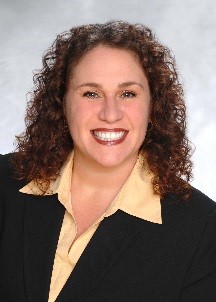 Jaimee K. Wellerstein is a Partner at Bradley & Gmelich LLP, and the Head of the firm’s Employment Department. Jaimee concentrates her practice in representing employers in all aspects of employment law, including defense of wage and hour class actions, PAGA claims, discrimination, retaliation, harassment, wrongful discharge, misclassification, and other employment related lawsuits. She also provides employment counseling and training in all of these areas.
Jaimee K. Wellerstein is a Partner at Bradley & Gmelich LLP, and the Head of the firm’s Employment Department. Jaimee concentrates her practice in representing employers in all aspects of employment law, including defense of wage and hour class actions, PAGA claims, discrimination, retaliation, harassment, wrongful discharge, misclassification, and other employment related lawsuits. She also provides employment counseling and training in all of these areas.
Jaimee routinely represents employers in federal and state courts and in arbitration proceedings throughout the state, as well as at administrative proceedings before the Equal Employment Opportunity Commission, the California Department of Labor Standards Enforcement, the United States Department of Labor, and other federal and state agencies.
Jaimee assists as a Legal Advisor to
CALSAGA, and is a member of ASIS International. She is rated AV-Preeminent by Martindale-Hubbell, the highest peer rating available.
jwellerstein@bglawyers.com
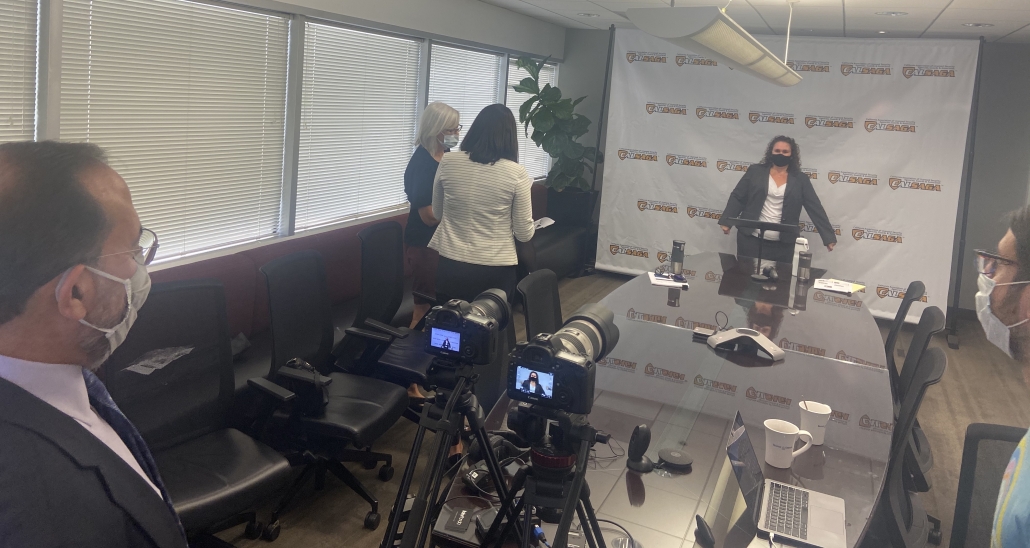
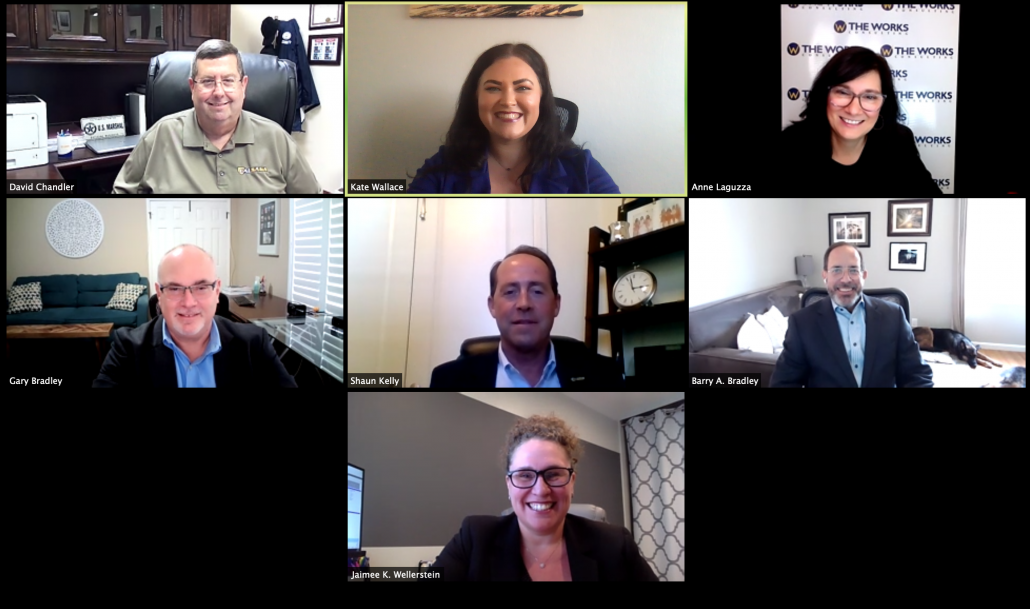

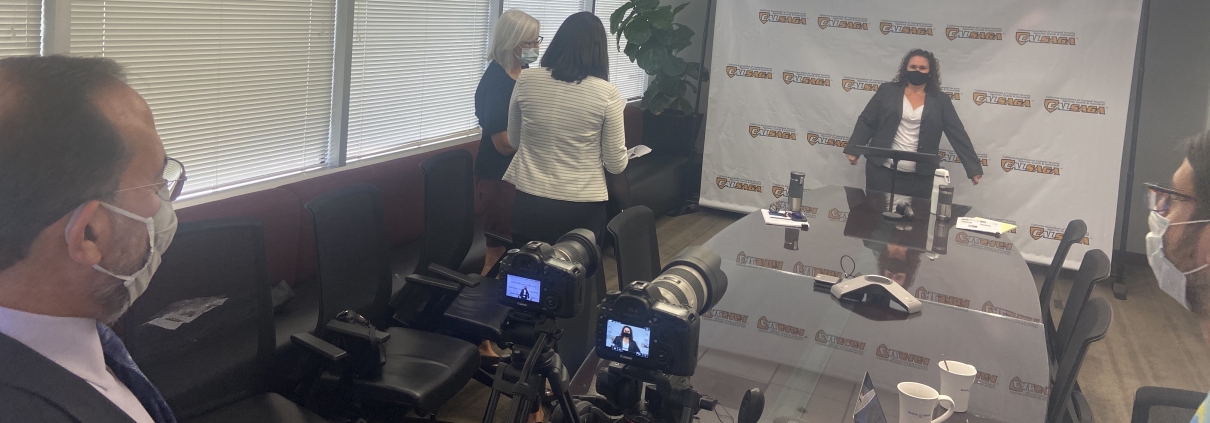
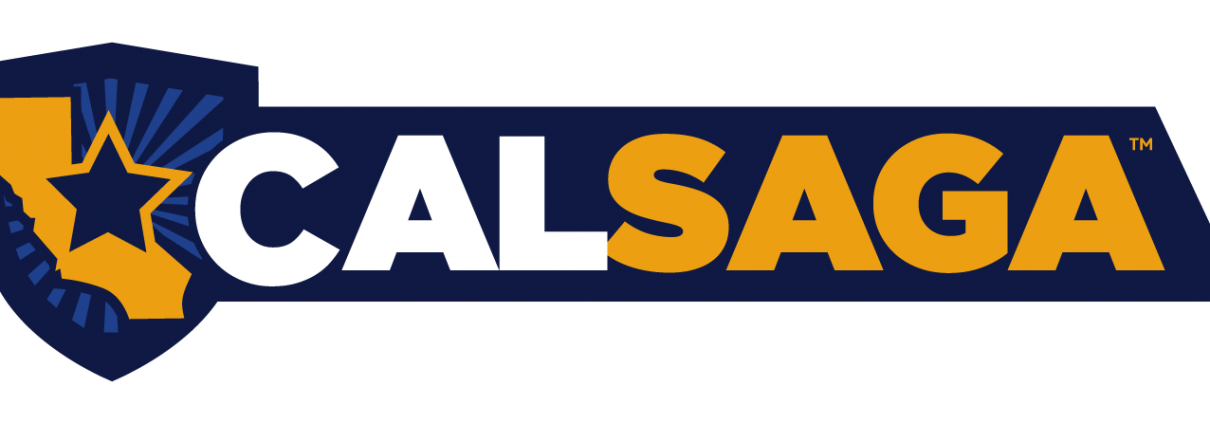
 Ki Lin Tay is a Senior Associate Attorney at Bradley & Gmelich LLP. Ki Lin focuses her practice on representing employers and providing strategic advice and counsel in all aspects of employment law and workplace matters, including employment law and human resources compliance, workplace investigations and audits, wrongful termination, discrimination, retaliation, harassment, misclassification, wage and hour, and contract matters. Ki Lin has broad experience representing employers in her legal practice, and in-house as company legal counsel, and regularly provides employment counseling, workplace training programs, and develops company policy and handbooks to mitigate and manage legal risk.
Ki Lin Tay is a Senior Associate Attorney at Bradley & Gmelich LLP. Ki Lin focuses her practice on representing employers and providing strategic advice and counsel in all aspects of employment law and workplace matters, including employment law and human resources compliance, workplace investigations and audits, wrongful termination, discrimination, retaliation, harassment, misclassification, wage and hour, and contract matters. Ki Lin has broad experience representing employers in her legal practice, and in-house as company legal counsel, and regularly provides employment counseling, workplace training programs, and develops company policy and handbooks to mitigate and manage legal risk.  Jaimee K. Wellerstein is a Partner at Bradley & Gmelich LLP, and the Head of the firm’s Employment Department. Jaimee concentrates her practice in representing employers in all aspects of employment law, including defense of wage and hour class actions, PAGA claims, discrimination, retaliation, harassment, wrongful discharge, misclassification, and other employment related lawsuits. She also provides employment counseling and training in all of these areas.
Jaimee K. Wellerstein is a Partner at Bradley & Gmelich LLP, and the Head of the firm’s Employment Department. Jaimee concentrates her practice in representing employers in all aspects of employment law, including defense of wage and hour class actions, PAGA claims, discrimination, retaliation, harassment, wrongful discharge, misclassification, and other employment related lawsuits. She also provides employment counseling and training in all of these areas.